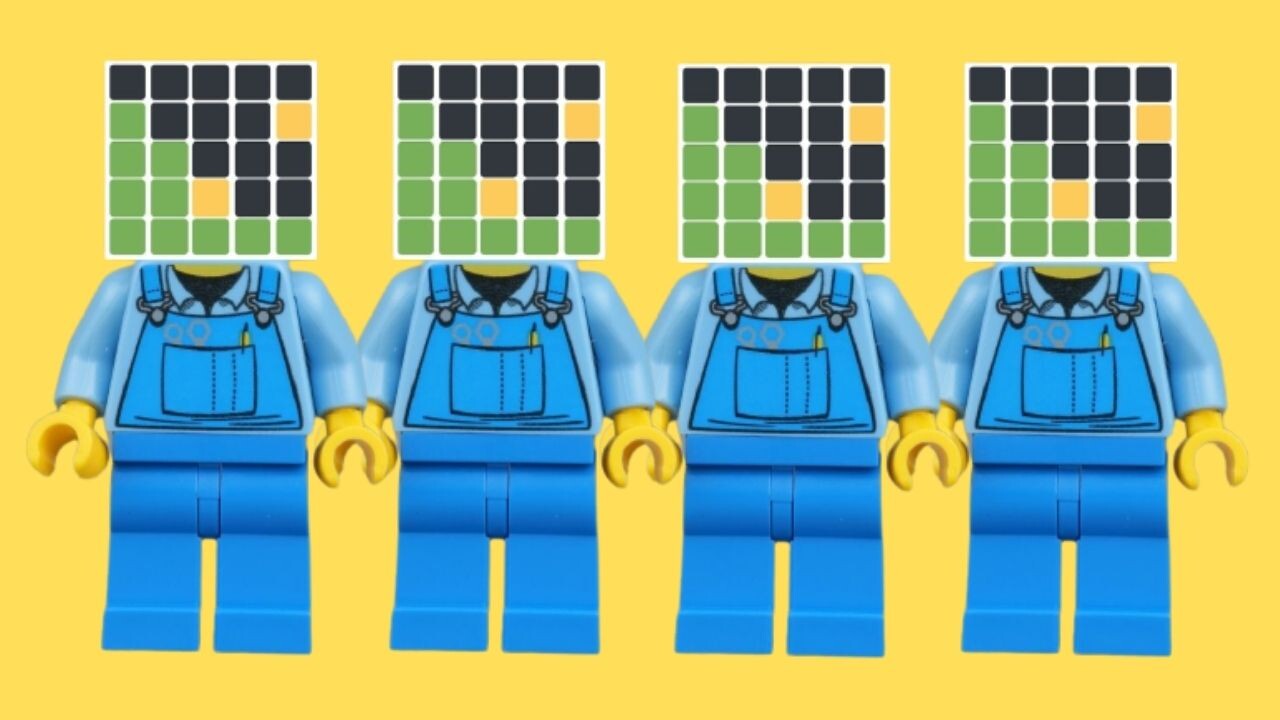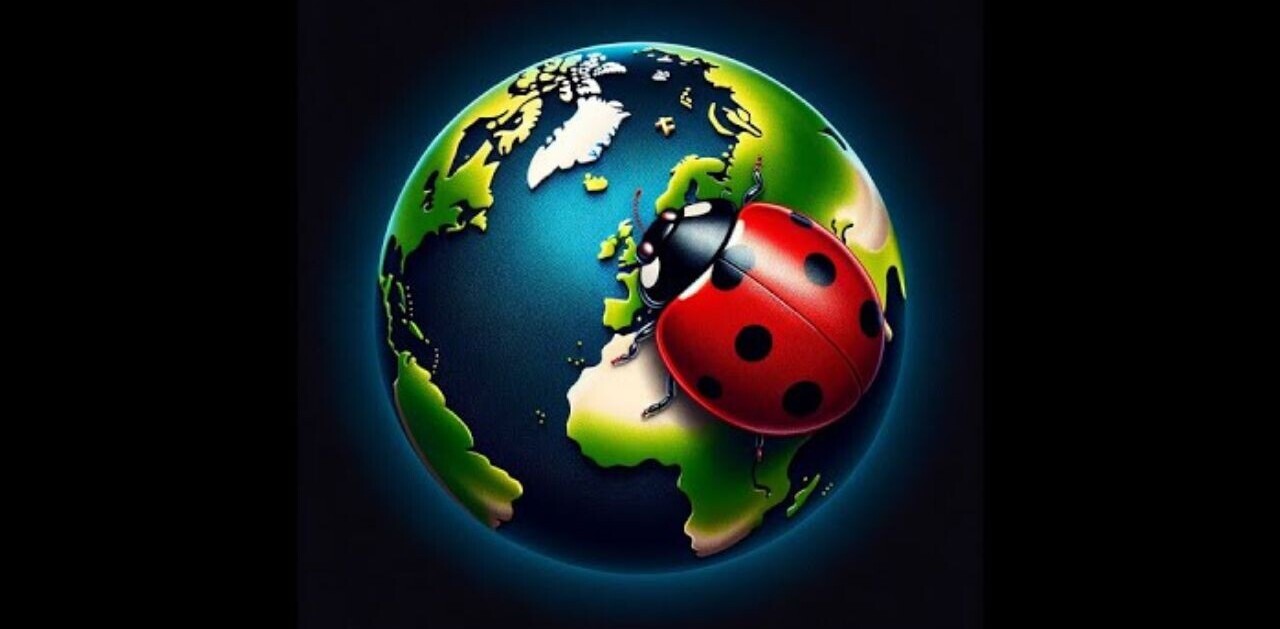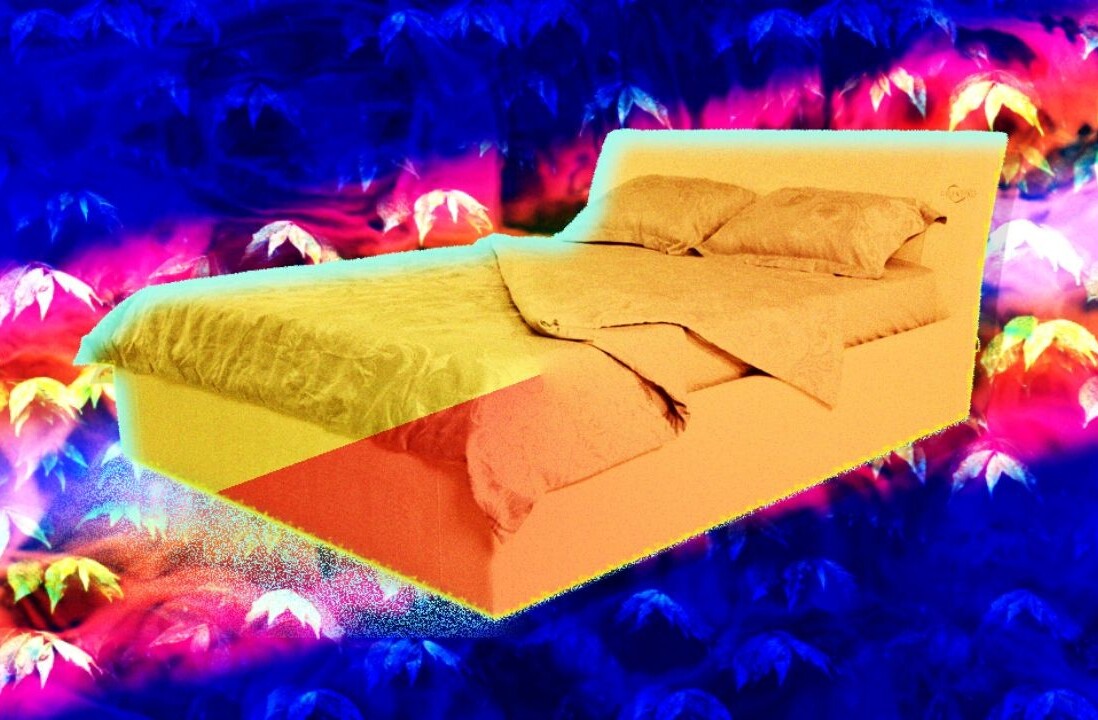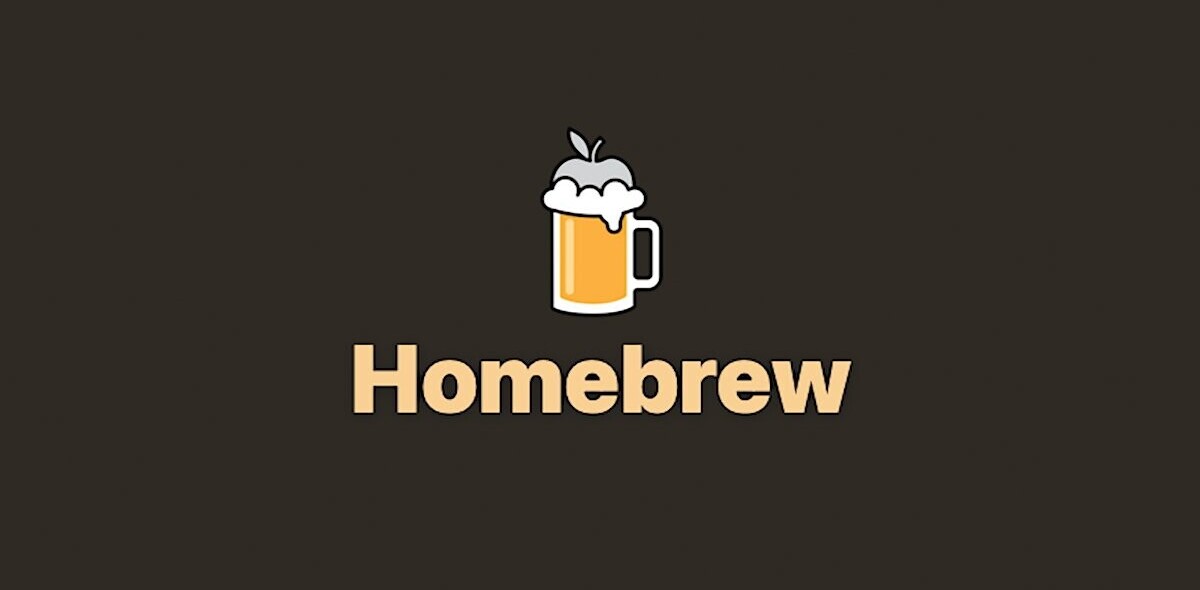
A viral game that’s inspired copious clones has exposed the complexities of copyrighting apps — and the shamelessness of greedy imitators.
Wordle has attracted more than 2 million daily players since its launch in November. The puzzles challenge you to guess a five-letter word, but you can only play one of them a day — an appealing constraint in an era of ruthlessly addictive games.
Another of its charms is that Wordle’s creator, Josh Wardle, made the browser-based game completely free.
That good deed was soon punished.
Zachary Shakked, an NYC-based entrepreneur, swiftly exploited Wardle’s generosity. Not only did Shakked steal Wordle’s name, gameplay, and layout, he also had the gall to monetize his rip-off. Users were offered trial subscriptions for a $29.99 a year “Pro” version of his iOS app.
I love Wordle so much I decided to make my own Wordle app but with a twist! There's not just 5-letter words, but also 4, 6, and 7 letter words too! You can also play unlimited times if you're on the Pro version. https://t.co/eOkRovYSxN
— Zach (@zachshakked) January 10, 2022
Apple has now removed the clone from the App Store, but the company’s move doesn’t mean that Shakked violated copyright laws.
Simon Portman, a lawyer at intellectual property (IP) firm Marks and Clerk, told TNW that the episode exposes a legal gray area:
Just because someone makes their own game or app available for free, [it] doesn’t mean no proprietary rights attach to it or that the entity making the game available has chosen to waive the rights it has.
What’s in a name
The biggest legal issue for Shakked may have been his choice of title: “Wordle – The App.” It certainly sounds familiar.
While the original game doesn’t appear to be trademark protected, the clone could still have violated IP rights.
In the UK, for instance, copying a name — or even using a similar one — can be a breach of “passing off,” a law that protects unregistered rights from misrepresentation.
The Wordle copycat could be accused of passing off because the market may assume that the two games come from the same source.
However, the “free to play” aspect of Wordle could undermine this allegation.
“Is the creator trading if there are no user costs involved and no revenue is generated through advertisements? The answer is, probably not,” said Daniel Goodall, associate and IP expert at the law firm Shakespeare Martineau.
“This puts Wordle’s creator in a difficult position in terms of protecting the name without any evidence of trading activity.”
Gaming the system
The name is not the only IP issue at play. There are also potential infringements of gameplay elements, but these are harder to protect.
“You cannot copyright an idea, so the game mechanics could not be protected in this way,” said Goodall.
“However, copyright can exist in various aspects of the game itself, for example, graphics, text, and sounds, provided they are sufficiently original.”
Wordle, however, is quite a basic concept, so the creator may struggle to prove sufficient originality. Indeed, the game has faced its own accusations of plagiarism.
Forms of flattery
After his app was removed by Apple, Shakked acknowledged that “he had crossed a line.” Yet he argued that Wordle is itself a ripoff of the game show Lingo.
Lingo’s current presenter, Adil Ray, tweeted that Wordle “basically is OURS.”
Hey peeps, if you’re going to play a game that looks like ours, works like ours, smells like ours and basically is OURS it’s only right you give us a plug. Lingo back today @3pm @itv #lingo #Wordle ?? https://t.co/egdIZ7Ot2I
— Adil Ray OBE (@adilray) January 5, 2022
Yet Ray didn’t mention that his show was also strikingly similar to several predecessors, such as Mastermind and Jotto.
As former Kickstarter CTO Andy Baio noted, games with similar mechanics have existed since at least the 19th century.
There is, however, a difference between adapting mechanics and tricking people into paying for a game that they could already get for free. In the end, Apple intervened before the law did.
“What is clear is that, whether or not these cloned games constitute an infringement of Wardle and [his partner’s] intellectual property rights from a legal perspective, they violate the terms of service of the Apple App Store, which has already taken action to remove them accordingly,” said Lucy Marlow, a senior associate at JMW Solicitors.
Apple may also rip off developers, but this was a welcome intervention. The lines between imitation and inspiration can be blurry, but cloning a free game for a cash grab is clearly a dick move — whether it’s legal or not.
Get the TNW newsletter
Get the most important tech news in your inbox each week.




